Service Detail
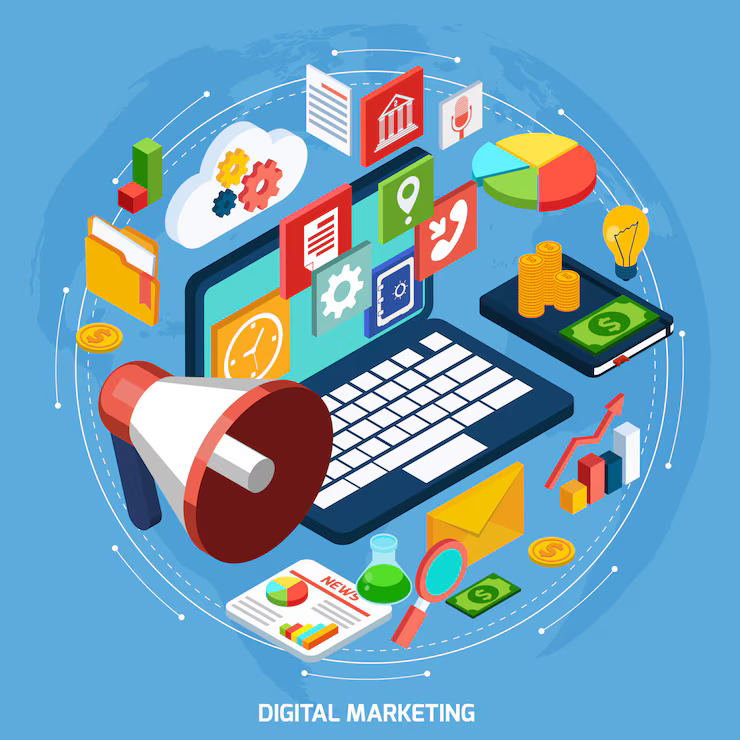
Digital Marketing
Digital marketing is the promotion of brands and products using digital channels like websites, social media, email, and search engines to connect with potential customers and achieve marketing goals.
Key Features:
Search Engine Optimization (SEO): Optimizing content and website structure to improve organic search engine rankings.
Search Engine Marketing (SEM): Utilizing paid advertising campaigns on search engines to increase visibility and drive traffic.
Content Marketing: Creating and distributing valuable, relevant, and engaging content to attract and retain a target audience.
Social Media Marketing (SMM): Using social media platforms to build brand awareness, engage with customers, and drive traffic.
Online Advertising (PPC): Running paid advertising campaigns on various online platforms, such as search engines and social media, to reach specific audiences.
Benefits:
Measurable Results: Digital marketing allows for tracking and measuring campaign performance using various analytics tools.
Targeted Marketing: Digital marketing enables businesses to reach specific demographics, interests, and behaviors, maximizing marketing efforts.
Global Reach: Digital marketing allows businesses to connect with a global audience, expanding their reach and potential customer base.
Cost-Effectiveness: Compared to traditional marketing methods, digital marketing can be more cost-effective, especially for smaller businesses.
Interactivity and Engagement: Digital marketing platforms facilitate two-way communication and engagement with customers, building stronger relationships.
Real-time customer feedback:Digital marketing allows businesses to get real-time feedback from customers, which can be used to improve products and services
Digital Marketing Services We Offer
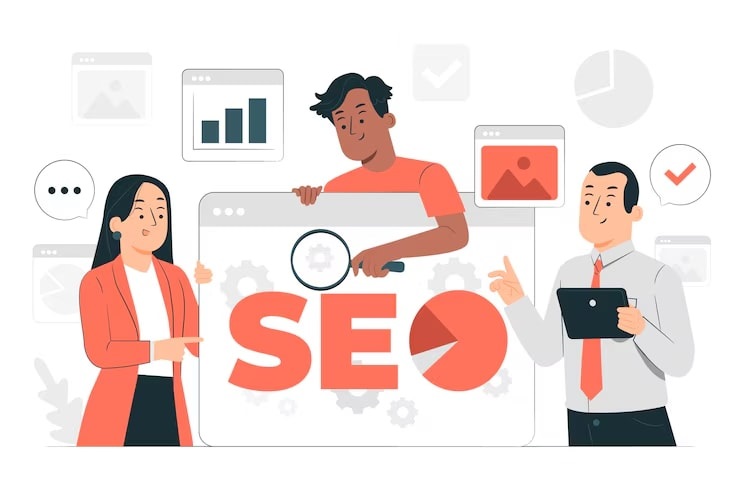
Search Engine Optimization
Search Engine Optimization (SEO) is the practice of improving a website's visibility and ranking in search engine results pages (SERPs) to attract more organic traffic.

Social Media Optimization
Social Media Optimization (SMO) is a digital marketing strategy that enhances a brand's online presence and reputation by strategically creating, curating, and promoting content on social media platforms to increase visibility, engagement, and ultimately, drive traffic and conversions.
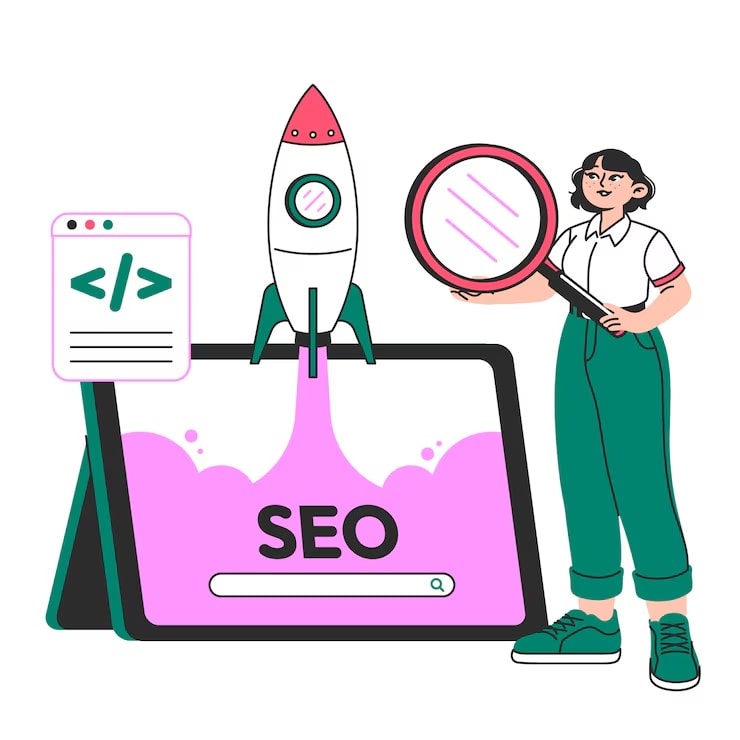
Search Engine Marketing
Search Engine Marketing (SEM) is a digital marketing strategy that aims to increase a website's visibility in search engine results pages (SERPs) through both paid advertising (like PPC) and organic optimization (SEO) techniques.
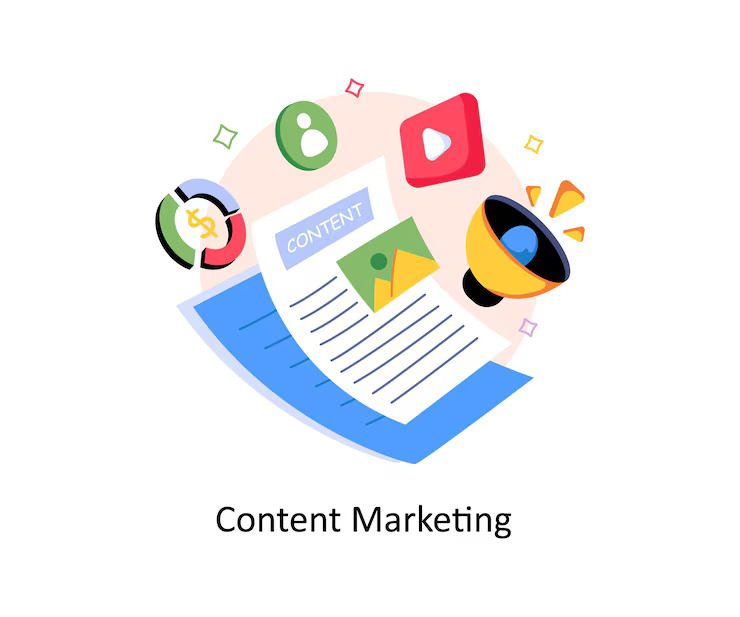
Content Marketing
Content marketing is a strategic approach that involves creating and distributing valuable, relevant, and consistent content to attract and engage a target audience, ultimately driving profitable customer action.
.jpg)
Conversion Rate Optimization(CRO)
Conversion Rate Optimization (CRO) is a marketing strategy focused on increasing the percentage of website visitors who perform a desired action
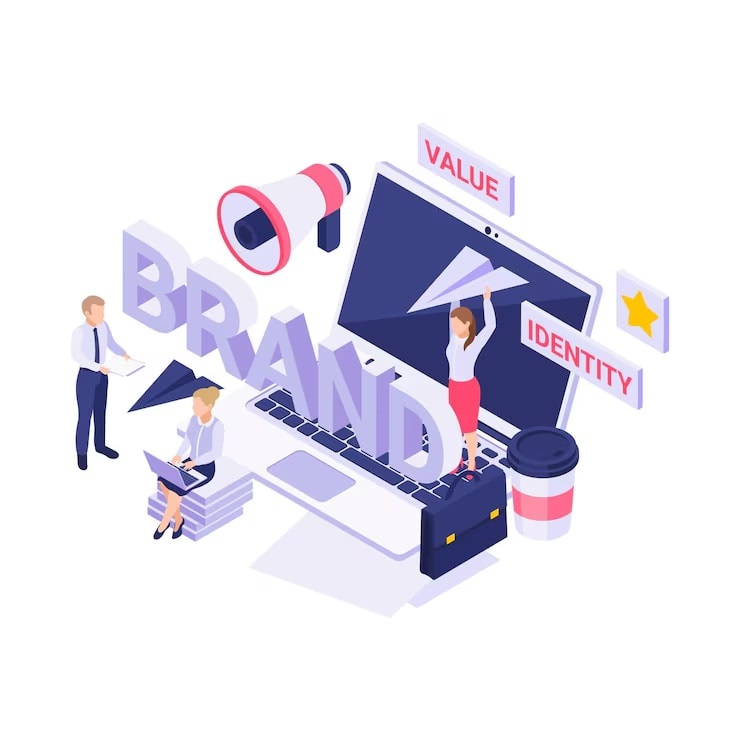
Branding Services
Branding services involves creating a distinct identity and image for a company's offerings, focusing on the customer experience and building trust, especially for intangible services, to differentiate them from competitors.

PPC Marketing Services
PC (Pay-Per-Click) marketing is a digital advertising model where advertisers pay a fee each time a user clicks on their ad, allowing businesses to reach targeted audiences and drive traffic to their websites.
